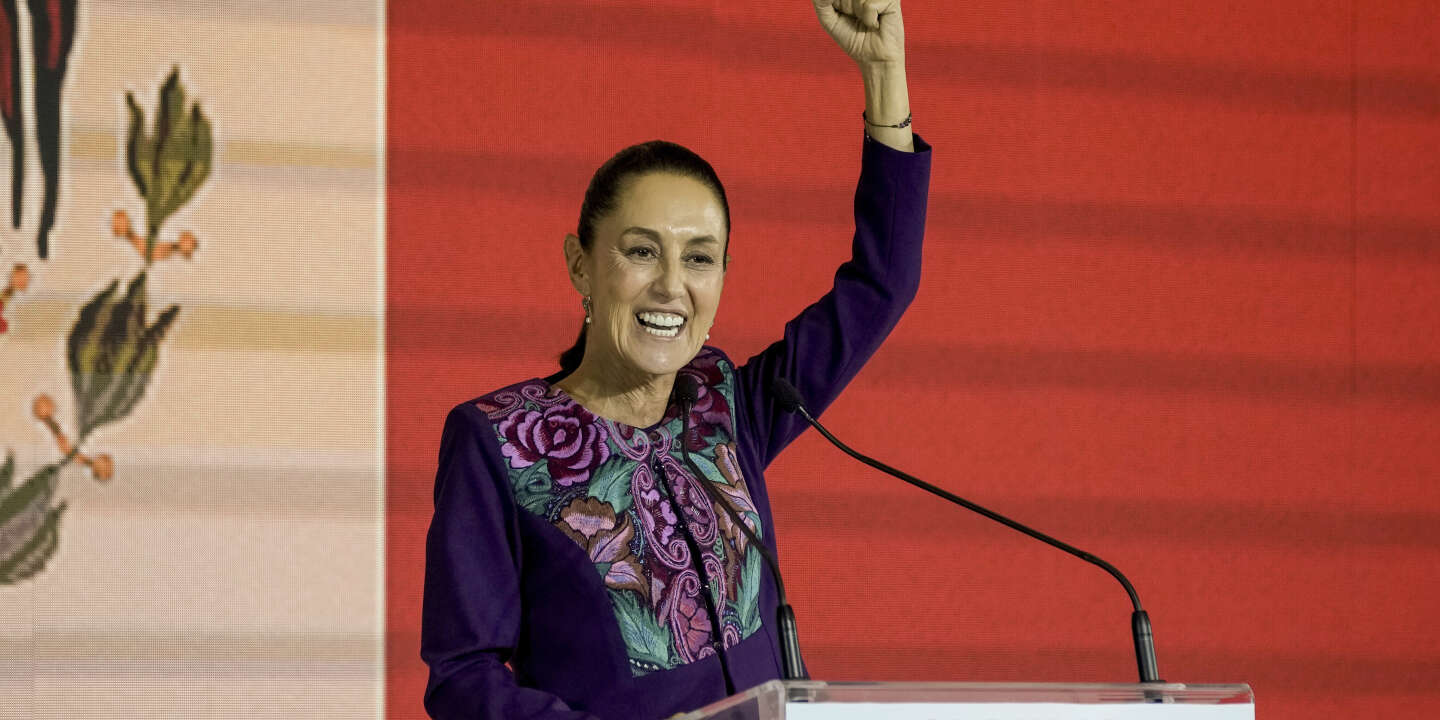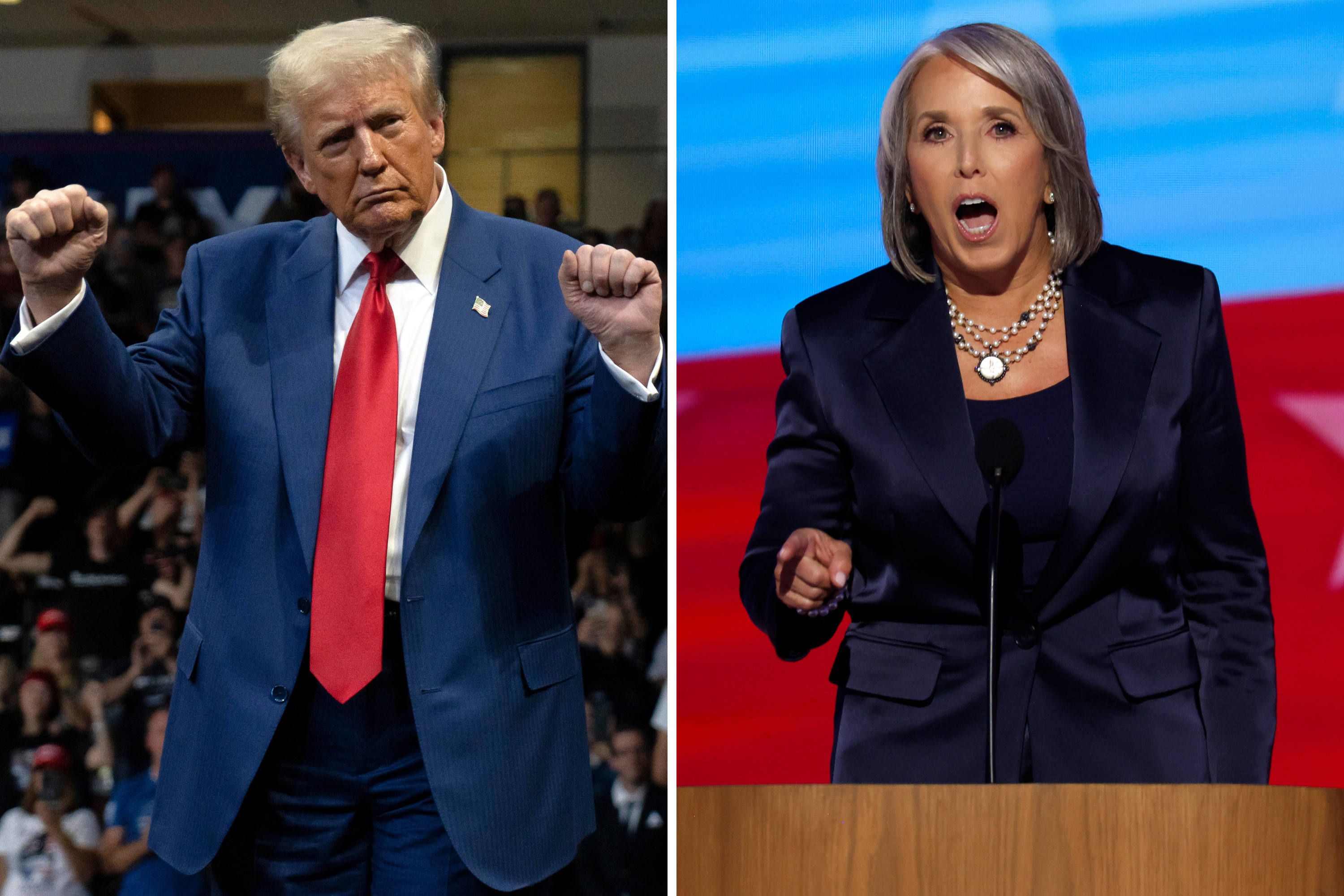



In a powerful statement against Donald Trump's immigration policies, actor and activist John Leguizamo has expressed his deep offense at what he describes as an attack on immigrants. Leguizamo emphasized the dehumanization of Latino immigrants, labeling it as 'insulting and demeaning' [04bba78c]. He called for unity among the 70 million Latino citizens in the United States, highlighting their essential role in the economy by performing key jobs that support various sectors [04bba78c].
Leguizamo has been particularly vocal against ICE raids, which he condemns as cruel acts targeting hardworking immigrants. He argues that these policies not only harm individuals and families but also undermine the diversity, equity, and inclusion that are vital to American society [04bba78c]. His activism has gained significant traction on social media, where he encourages Latino immigrants to stand up and fight against discrimination [04bba78c].
In the context of ongoing discussions about immigration, Leguizamo's stance resonates with broader concerns raised by Latin American church leaders regarding the treatment of deported migrants. As reported, Guatemalan and Colombian officials have criticized the harsh conditions faced by deportees, with Colombian President Gustavo Petro condemning the treatment and Guatemalan bishops expressing sadness over the plight of returning migrants [58d579eb].
The recent deportation statistics from Mexico, which show over 4,000 individuals deported in just a week, further illustrate the urgency of the immigration crisis. Mexican President Claudia Sheinbaum has defended these figures, asserting that they do not reflect an increase in deportations compared to previous years, despite the ongoing strict immigration measures [1b6b5c7f].
As the political landscape evolves, the contrasting approaches of leaders like Sheinbaum and activists like Leguizamo highlight the complexities of immigration policy in North America. With the return of Trump to the U.S.-Mexico border to criticize Biden's immigration policies, the dialogue around immigration continues to intensify [b14b266a]. Leguizamo's activism, alongside the concerns raised by church leaders, underscores the need for a more humane approach to immigration that recognizes the contributions of immigrants to society [04bba78c].